Alain Delon: From silver screen legend to French cultural flashpoint Ice-cold angel or enfant terrible?
On August 18, the world of cinema lost one of its titans with the passing of Alain Delon at the age of 88. Alongside contemporaries like Jean-Paul Belmondo and Pierre Richard, Delon was a defining figure in French cinema during the latter half of the 20th century. His films, including classics such as Rocco and His Brothers, The Leopard, Le Samouraï, La Piscine, and Our Story, captivated over 136 million viewers and secured his place in the pantheon of global cinematic legends.
Le Point hailed Delon as “the man of every Frenchwoman’s dreams from 1960 to 1975,” a testament to his magnetic screen presence and cultural impact. However, the allure of Alain Delon extended far beyond France's borders, echoing through Russian rock lyrics and international acclaim.
Yet, Delon’s life was not without its controversies. The French public remains deeply divided over the actor, reflecting a broader split between his ardent admirers and his staunch critics. His life was marred by a series of scandals and legal troubles, including accusations of crimes, surveillance, slander, and police interventions.
Born in 1935 to a saleswoman and a projectionist, Delon's early life was tumultuous. His parents divorced when he was just four, leading to his placement in a foster family that, too, would soon be disrupted by tragedy. Returning to his biological parents, Delon faced a fractured upbringing, eventually being sent to a Catholic boarding school.
The backdrop of World War II and the challenging post-war period shaped his early years. Delon’s adolescent life was fraught with turmoil — brawls, theft, and even a brief stint in prison at 14. Despite these challenges, he found solace in music, joining a choir and dabbling in film from a young age.
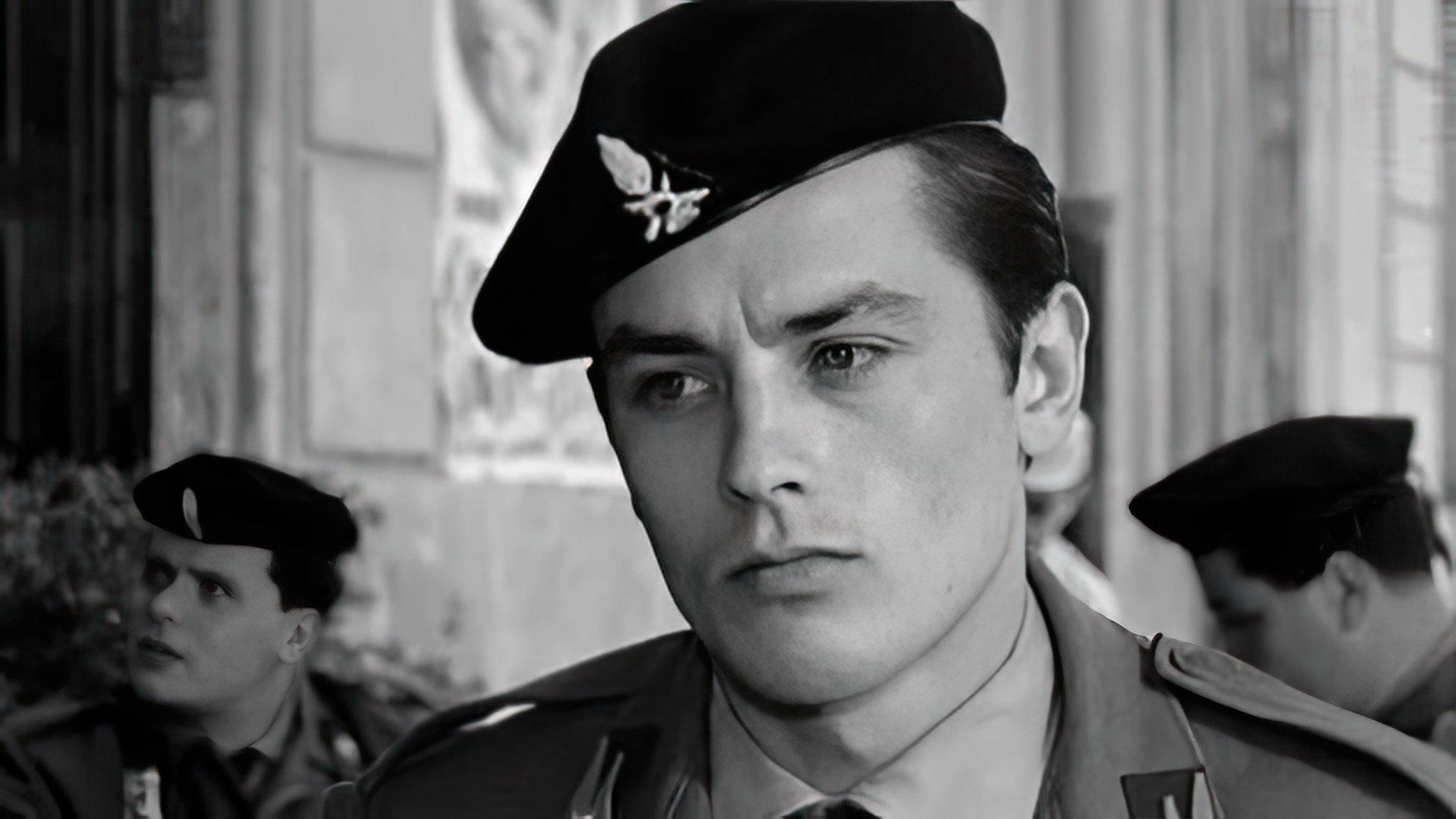
At the age of 18, Alain Delon was conscripted into the Navy, where he served in the Vietnam War. His time in the military was turbulent, with 11 months of his four-year service spent in the brig. A commander’s recollections painted a grim picture: “He was a sadist, a kid who liked to kill, a sexual pervert.” This rough period led Delon into the seedy underbelly of Paris, mingling with gangsters, prostitutes, and pimps in areas like Pigalle and Montmartre. However, destiny eventually redirected him from the depths of society to the heights of fame.
Delon’s entry into the world of cinema was partly thanks to his romance with actress Brigitte Aubert, which opened doors to film sets where his acting talent began to shine. It was director Yves Allegre who played a pivotal role in shaping Delon’s career. As Delon recounted, Allegre's advice was transformative: “I could not do anything. Allegre looked at me carefully and said: ‘Listen to me carefully, Alain. Speak the way you speak to me. Look the way you look at me. Listen the same way you listen to me. Don't play, live.’ That changed everything. If Yves Allegre hadn't said that to me, I wouldn't have had this career.”
In reflecting on his iconic role as Tom Ripley in Purple Noon, one might see Delon revealing aspects of himself through his portrayal. This role, embodying deceit and complexity, hints at the internal struggles and dualities that marked Delon’s own life, blending the line between his personal experiences and his cinematic portrayals.
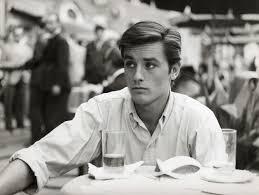
The zenith of Alain Delon's career emerged during the 1960s and 1970s, an era when he worked with some of the most renowned directors of the time, including Luchino Visconti and Michelangelo Antonioni. During these decades, Delon became a global icon, frequently cast in roles that capitalized on his striking presence and charisma — often portraying criminals, law enforcement officers, and strong, enigmatic figures.
Jean Cau, the esteemed French writer and publicist, praised Delon's acting prowess, noting, “He devilishly deftly commands his hands and body. He possesses an extraordinary talent for gestures and an uncanny intuition for understanding the essence of any object. For instance, he can observe a complex machine for just three minutes and then describe its function precisely. He can instantly mimic the feats of a professional illusionist. It's a remarkable spectacle.”
However, from the 1980s onward, Delon's career began to wane, mirroring the broader decline in French cinema that he once epitomized. His film roles became increasingly mediocre and commercially driven. Concurrently, his personal life spiralled into a series of scandals, many of which had a semi-criminal nature. Accusations of grave offences from former lovers and children tainted his reputation. Delon found himself entangled in dubious financial dealings and alleged connections with organized crime, and his home was discovered to house 72 firearms. This tumultuous period seemed to echo the darker beginnings of his life, suggesting a return to the chaos from which he had once escaped.
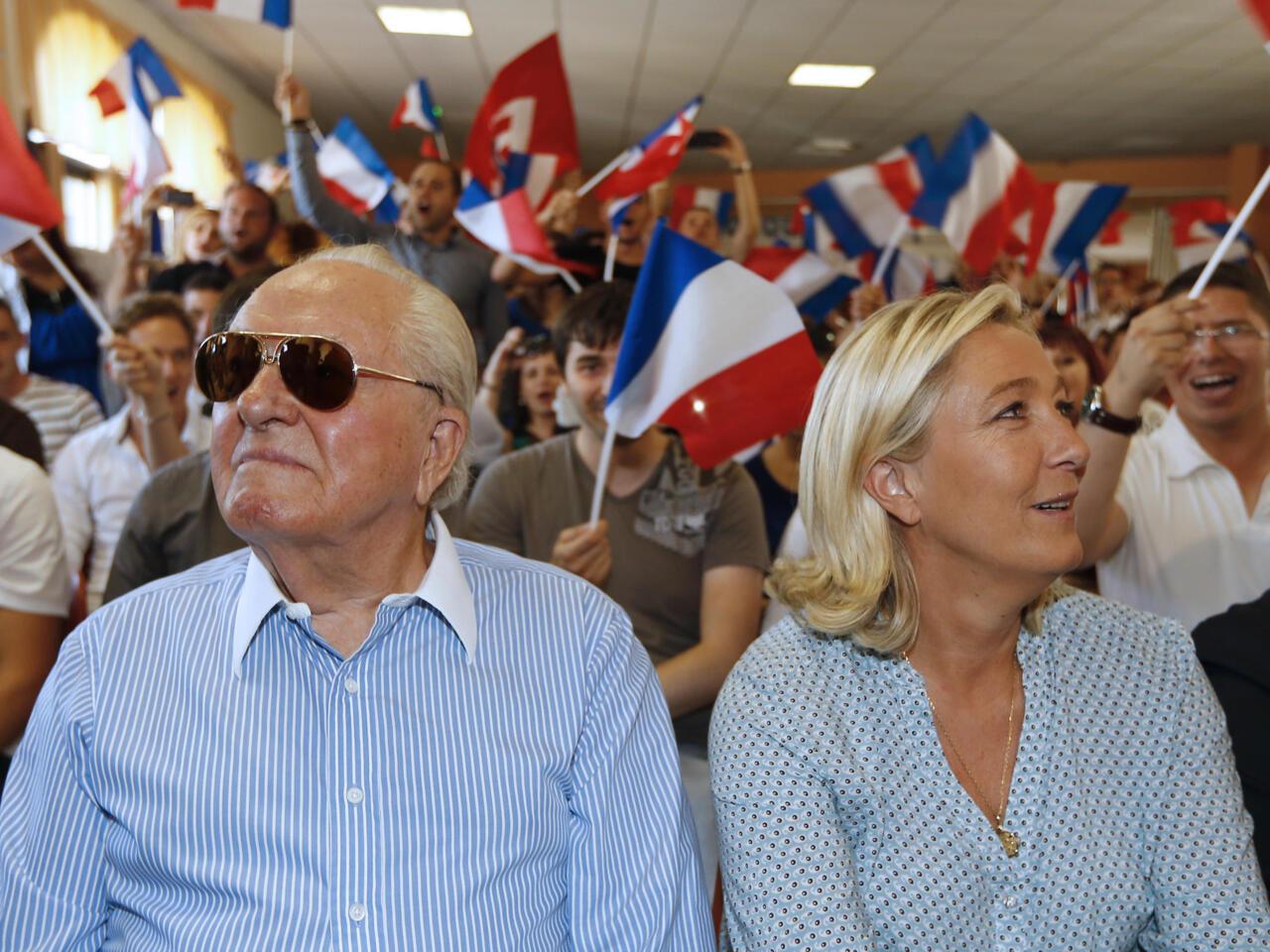
It is important to note that Alain Delon harboured right-wing radical views throughout his life. He maintained a close friendship with Jean-Marie Le Pen, a prominent French far-right politician. In 1973, while filming “Zorro” in Spain, Delon met Léon Degrelle, a notorious figure who had commanded the SS Volunteer Division "Wallonia" during World War II and later evaded justice under Franco's regime. Adolf Hitler had once praised Degrelle, saying, "If I had a son, I would want him to be like you." Delon, without hesitation, posed for photographs with Degrelle and openly acknowledged his association with the controversial figure.
Delon's connections with Nazis and his extreme right-wing views significantly tarnished his standing within the artistic community. It wasn't until the early 1980s that he received the César Award for his role in "Our Story." The controversy surrounding his political affiliations resurfaced in 2019 when the Cannes Film Festival honoured him with the Palme d'Or for his cinematic achievements. The award sparked outrage from the Jewish publication Forward, which criticized the decision, highlighting the actor’s problematic associations.
In a 2013 interview, actor and director Charles Berling criticized Alain Delon, saying, “Alain Delon has always belonged to the extreme right-wing… Delon and his words are terrible… He is a terrific actor, but not always a great thinker.” Another French artist of Jewish descent, Richard Berry, echoed similar sentiments during an interview with Radio France, commenting, “In matters of politics, Delon is not an authority... Not surprisingly, in political matters, his words have no meaning to me. It's like when Brigitte Bardot talks about politics. [Delon's] statements match [Bardot's] rationale.”
Anthony Delon, the actor's son, also expressed disapproval of his father's political views, particularly after Alain Delon supported the National Front. Reacting to his father's statements, Anthony said, “It’s terrible! He’s an actor. He would be better off making films and showing us the end of life, like Clint Eastwood's, rather than becoming a cavalier political commentator.” In response to his son's criticism, Alain Delon advised on Radio Télévision Suisse that Anthony should "shut up."
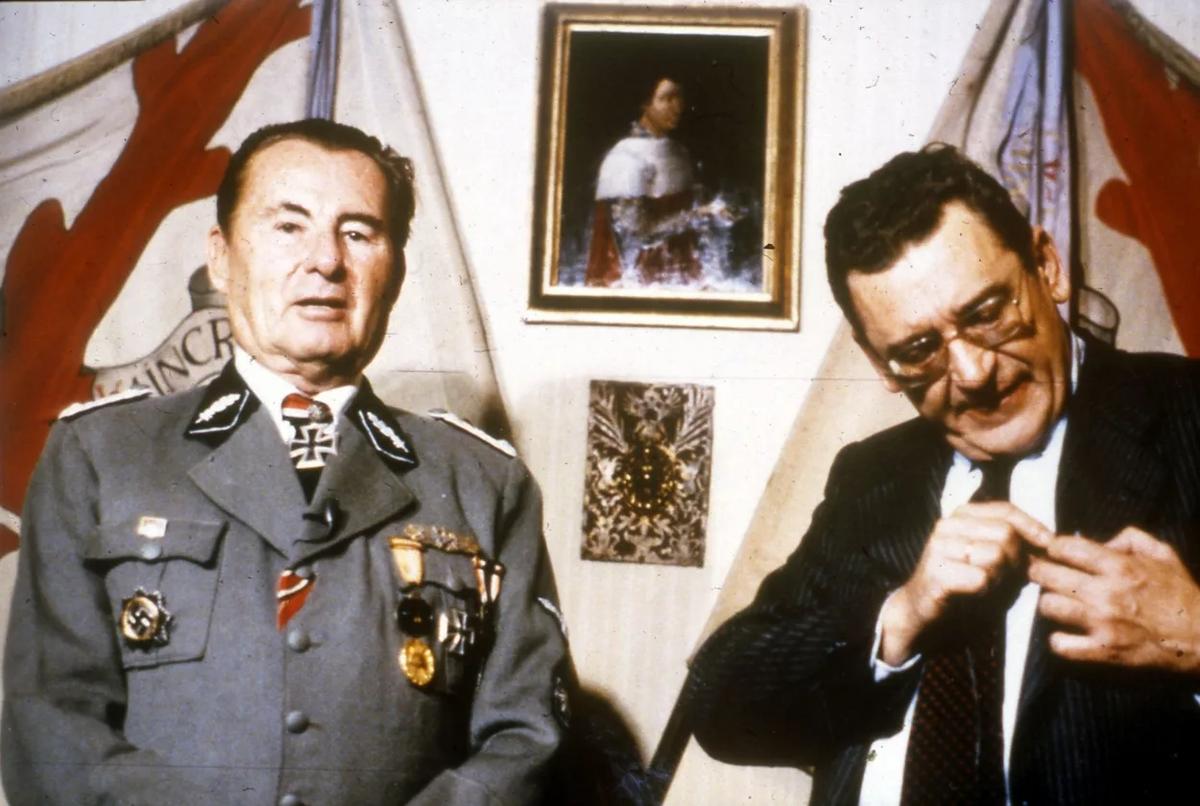
Despite his controversial political views, Alain Delon's defenders highlight his collaborations with directors and actors of varied political persuasions and his portrayal of numerous humanist and anti-war roles. Notably, in Alain Cavalier’s film Unconquered, Delon portrayed the deserter Thomas Vlassenroot with striking authenticity, transforming the film into a powerful anti-war statement.
In June 2021, Delon expressed a desire to make one final film before his death, stating, “I want to make a film, make my last film. One that will stay forever. And then I can leave, I won't have anything else to do.” He envisioned working with a remarkable team and an exceptional director for this project. However, Delon ultimately abandoned the endeavor in 2022.
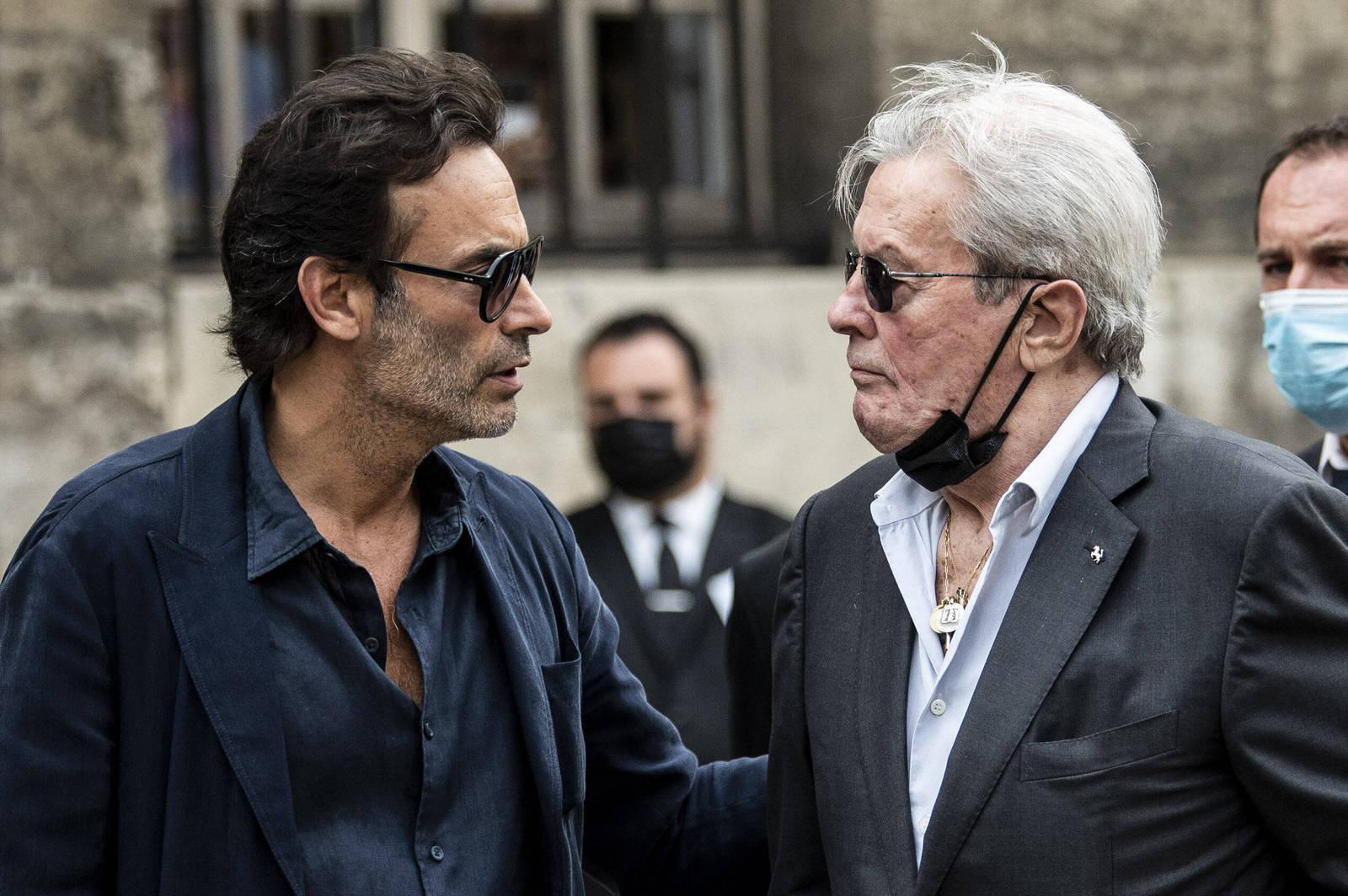
Regardless of the controversies surrounding Alain Delon, the debate over his character and his impact on French and global cinema is likely to persist for years. His death signifies not just the loss of a cinematic icon but also highlights the broader decline of French cinema, which, even at its best today, struggles to match the masterpieces crafted by its past legends.
The views and opinions expressed by guest columnists in their op-eds may differ from and do not necessarily reflect the views of the editorial staff.








